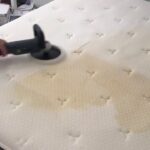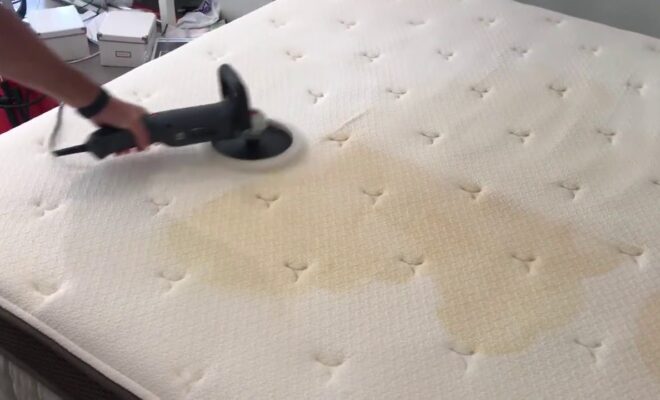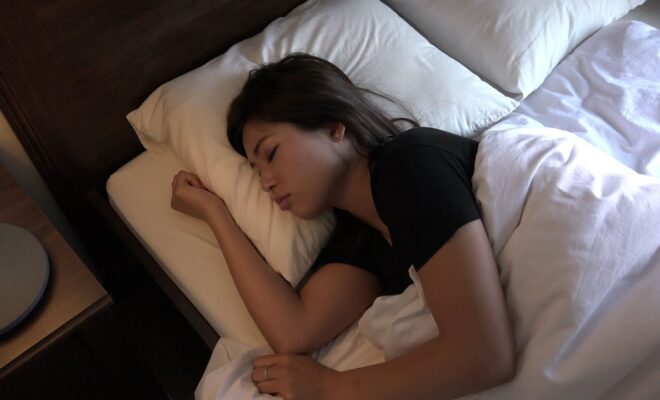Secondary nocturnal enuresis is usually related to psychological stressors, but it can also be a result of other medical diagnoses. Parents need to be sensitive to the emotions of their children, as bedwetting can negatively impact their self-esteem and social life. Listed below are some ways to deal with bedwetting:
Timed night waking technique
The Timed Night Waking Technique is a proven technique to prevent bedwetting by waking children at least once every two hours to use the bathroom. It is most effective when children begin to self-awaken after the fifth night. Eventually, this technique will become automatic. However, it may require you to adjust the wake time for your child to be completely dry. The following tips are meant to help you use this method with success:
A timed night waking technique is another effective method to prevent bedwetting in children. Typically, you wake your child two to three hours later than usual, but you can increase the time if your child is sleeping through the night without wetting. The first few nights will be difficult, but as the days pass, your child will cooperate better with this technique. Some parents will start this method when their child is around seven years old.
This method should be used for at least a week. Your child will likely wake up in the night to use the bathroom. If they can’t hold it, try giving them extra fluids in the evening. Another method is to leave the mat in the bed without an alarm, or take them off the bed altogether. This will help them learn to stay dry and avoid the need for a bathroom. When this technique is used correctly, your child will be free of bedwetting within a week.
The most important tip for preventing bedwetting is to maintain communication with your child. This will help you stay calm and neutral when interacting with your child. Talk to your child about any changes or upsets they have recently experienced. Make sure to find out the exact cause of the problem, and try not to blame them if they do it on purpose. This will only lead to an even greater frustration for both of you.
Avoiding foods that irritate the bladder
Many foods can cause bladder irritation, which can contribute to bedwetting. Fruits, such as berries, can make your bladder sensitive and encourage more frequent urination. Wheat is another common culprit. By limiting your intake of wheat, you can prevent nocturnal enuresis and reduce your risk of becoming a bedwetter. Here are some other foods to avoid to prevent bedwetting.
Certain foods can irritate the bladder, including spicy foods. However, there is no scientific proof that spicy food causes bedwetting. Citrus fruits, which are high in acid, can irritate the bladder. While parents often assume that citrus fruits are responsible for bedwetting, medical research shows no connection between citrus and bedwetting. However, a rare food allergy to citrus is believed to contribute to the problem.
It is also important to keep a voiding diary, as this can help determine the size of the bladder. Additionally, keep a stool diary to determine if constipation is a factor. While there are no medical tests that can determine the cause of primary enuresis, secondary enuresis is more likely to reflect some underlying pathology. Medical professionals categorize bedwetting into two categories: complicated and uncomplicated cases.
In addition to eliminating food that trigger urinary symptoms, you can practice bladder training to develop better bladder control. This can be especially helpful if your bladder is small and functionally inactive. The goal is to train the bladder to anticipate voiding regularly. You can even set an alarm that wakes you up at night. A detrusor muscle contraction helps to empty the bladder. Overactive bladders also increase the chance of bedwetting.
Limiting fluid intake
One way to stop your child from bedwetting is to limit the amount of fluids he or she consumes during the day. However, it is important to keep in mind that limiting fluids can encourage your child to sneak drinks when you are not around. This may result in a situation where your child will need to use the bathroom more often. Alternatively, you could encourage your child to drink water before bedtime.
Whether limiting fluid intake to prevent bed wetting is a good idea is a matter of personal preference. Some people believe that limiting fluid intake before bedtime will eliminate bedwetting. Others disagree, citing the fact that the effect of drinking less water at bedtime is not clear. Regardless of the method used, you should encourage your child to drink plenty of water early in the day and less in the evening.
Several studies have shown that children should drink at least the recommended amount of fluids every day. Depending on age and sex, fluid intake recommendations will vary. Fluid requirements will also depend on a child’s physical activity, diet, and temperature. Water is the best fluid for your child, although squashes are acceptable. Fizzy drinks and caffeine-based drinks are best avoided as these will irritate your child’s bladder.
If you notice that your child is still wetting the bed, contact a doctor. Keep a diary of his or her elimination and fluid intake throughout the day, as well as any caffeine intake. A doctor will complete a physical exam and collect a urine sample for evaluation. This urine sample will allow your child’s doctor to determine the cause of bedwetting, including the concentration of glucose in his or her urine and signs of infection. Thankfully, most children will achieve continence within a few weeks of following the above-mentioned steps.
Keeping a calendar
Keeping a bedwetting calendar may help you and your child identify the triggers that lead to bedwetting. It can also act as a behavioral therapy tool. Keeping a calendar can encourage some children to stay dry because it acts as a visual reminder of their progress and rewards when they reach a goal. If you are wondering if this method can work for you, consider putting up a calendar for your child to see and keep track of the number of dry nights they have each week.
Reassuring your child that you want to prevent bedwetting
You need to reassure your child that bedwetting is a normal part of growing up and will not last forever. Try to encourage your child to drink more water throughout the day, avoid caffeine-based drinks and go to the bathroom one last time before bed. Motivational systems such as stickers and small rewards for a dry night can be effective. You can also invest in bedwetting alarms.
While bedwetting may be a frustrating issue for you as a parent, it can also be damaging for your child’s psychological well-being. Even older children who wet the bed can experience embarrassment or lowered self-esteem. Make sure to acknowledge that your child is bedwetting and remind your child that it’s normal and you will work together to find a solution.
It may take longer than a month to prevent bedwetting, so reassure your child that you are willing to help them. Reward charts can be helpful for older children, but make sure that they only reward the behavior that the child can control. Don’t use rewards to reward staying dry but instead, use punishment to punish your child for wetting the bed. Also, avoid the use of disposable pull-up underwear or diapers.
If your child has an underlying medical condition or an increased risk for bedwetting, you should take them to the pediatrician. They can keep track of the progress and suggest ways to manage the situation. Discuss the reasons behind the bedwetting, including urinary tract infections, diabetes, stress, and delayed bladder control. If possible, make sure to discuss these with your child and get their input.





